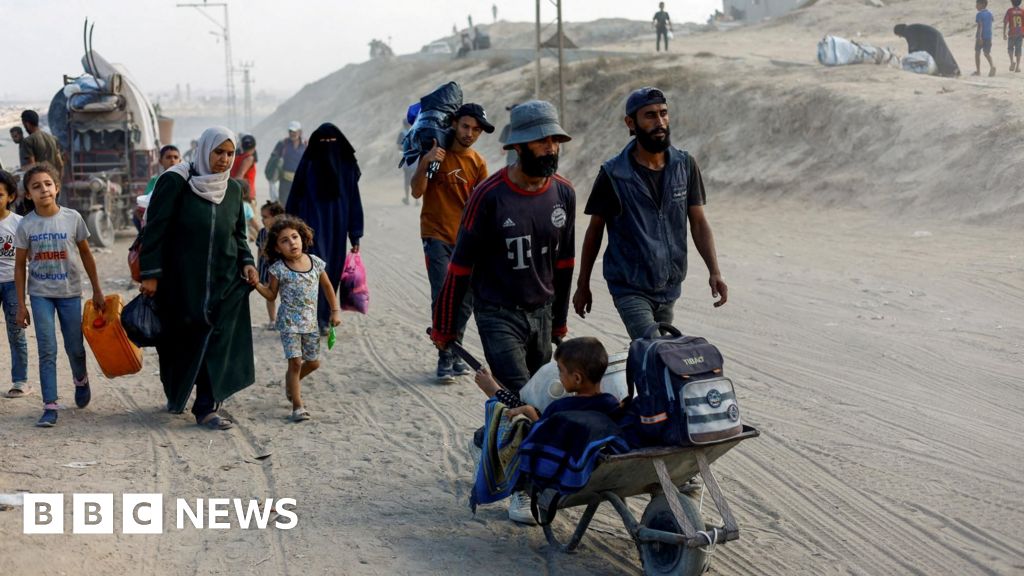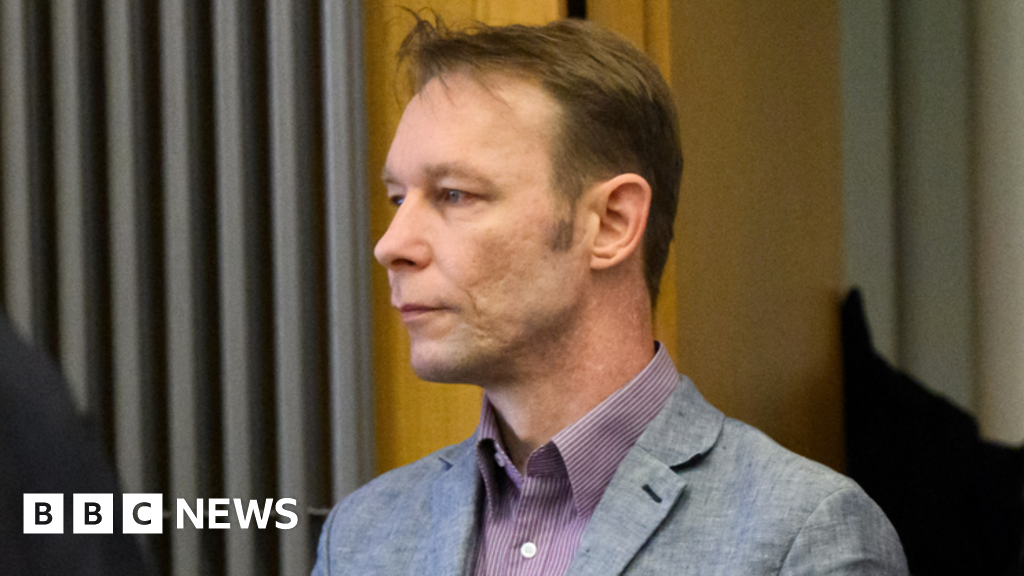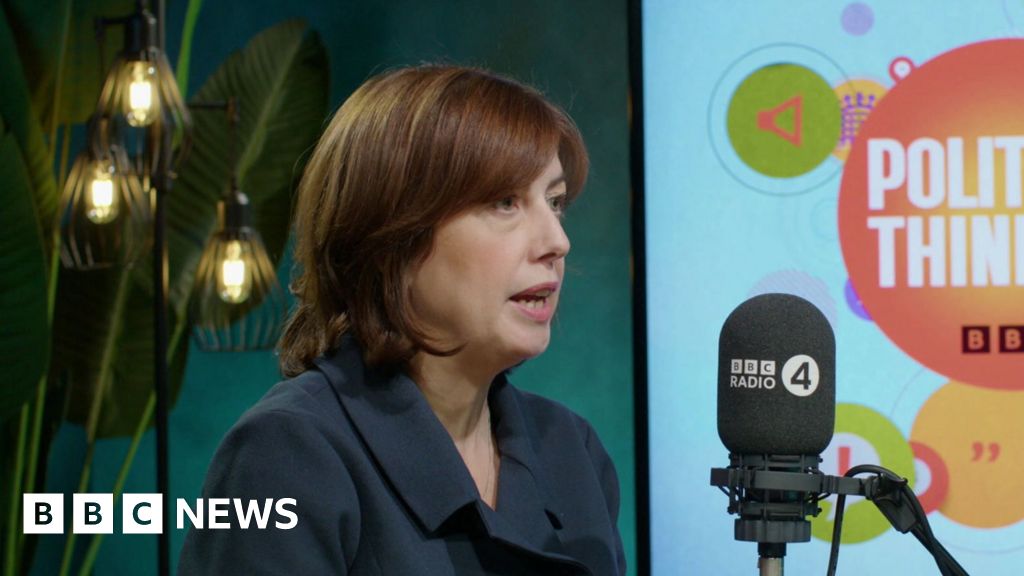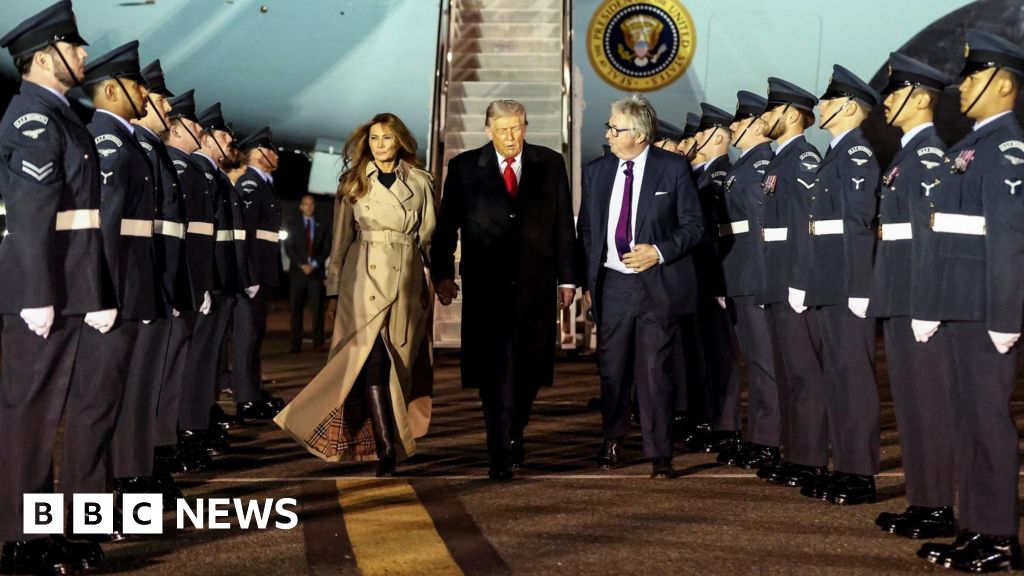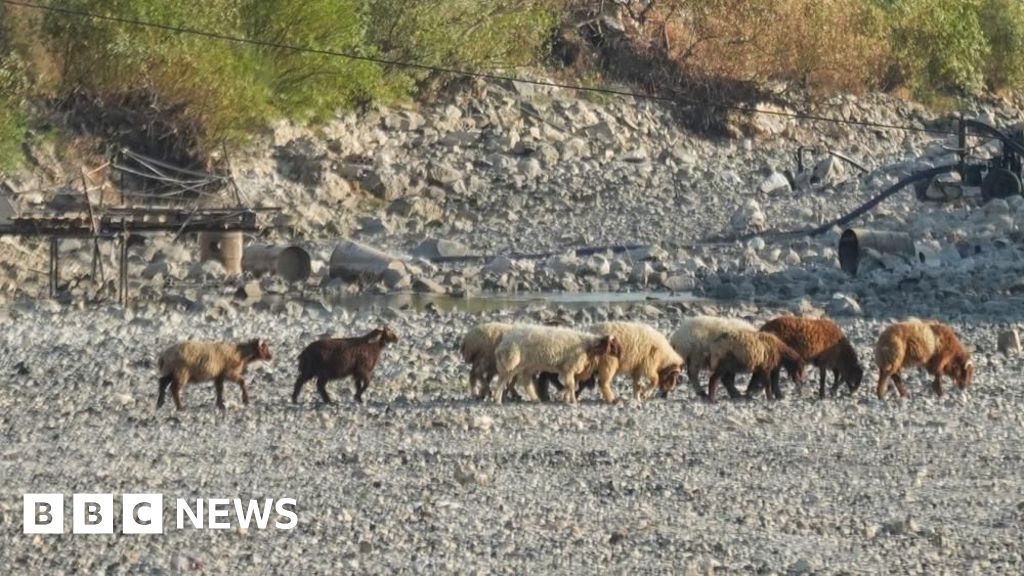A controversial new aid distribution group backed by the US and Israel has begun working in Gaza.
The Gaza Humanitarian Foundation (GHF) said lorry loads of food had been delivered to secure sites and that it had begun distribution to people. It did not say where or how much aid had been handed out.
The group, which uses armed American security contractors, aims to bypass the UN as the main supplier of aid to the 2.1 million Palestinians in Gaza, where experts are warning of a looming famine after an Israeli blockade that lasted 11 weeks.
The UN and many aid groups have refused to co-operate with GHF's plans, which they say contradict humanitarian principles and appear to "weaponise aid".
Israel says a new system is needed to stop Hamas stealing aid, which the group denies doing.
In a statement sent to journalists on Monday night, GHF announced that it had "commenced operations in Gaza" and delivered "truck loads of food to its Secure Distribution Sites, where distribution to the Gazan people began".
"More trucks with aid will be delivered [on Tuesday], with the flow of aid increasing each day," it added.
Handout photos showed just over a dozen men carrying away boxes from an unspecified location.
The BBC has asked the GHF how many lorry loads of aid got in and how many people were able to pick up aid, but it has not yet received a response.
The GHF's statement also said John Acree, a former senior manager at USAID - the US government agency responsible for administering foreign aid - had been named interim executive director.
Acree succeeds Jake Wood, who resigned from the position on Sunday. Wood said the group's aid distribution system could not work in a way that would be able to fulfil the principles of "humanity, neutrality, impartiality, and independence".
The GHF's board rejected the criticism, accusing "those who benefit from the status quo" of being more focused on "tearing this apart than on getting aid in".
It said the system was fully consistent with humanitarian principles and would feed a million Palestinians by the end of the week.
Under the GHF's mechanism, security-screened Palestinians will be expected to collect boxes containing food and basic hygiene items for their families from a small number of distribution sites which are mainly in southern Gaza. The sites will be secured by American contractors, with Israeli troops patrolling the perimeters.
UN and other aid agencies insisted they will not co-operate with any scheme that fails to respect fundamental humanitarian principles.
They have warned that the GHF's system will practically exclude those with mobility issues, including those with injuries, disabilities and the elderly, force further displacement, expose thousands of people to harm, make aid conditional on political and military aims, and set an unacceptable precedent for aid delivery around the world.
They have said they have thousands of lorries waiting to go into Gaza and a detailed plan to ensure aid gets to people in need and looting is minimised.
Jan Egeland, secretary general of the Norwegian Refugee Council, told the BBC on Monday that the GHF was "militarised, privatised, politicised" and "not in conformity with neutrality".
"The people behind it are military - they are ex-CIA and ex-military people... Let's go back to the system that worked," he said.
Hamas has warned Palestinians not to co-operate with GHF's system, saying it would "replace order with chaos, enforce a policy of engineered starvation of Palestinian civilians, and use food as a weapon during wartime".
GHF's statement condemned what it said were "Hamas's death threats targeting aid groups supporting humanitarian operations at GHF's Safe Distribution Sites, and efforts to block the Gazan people from accessing aid at the sites".
Israel imposed a total blockade on humanitarian aid to Gaza on 2 March and resumed its military offensive two weeks later, ending a two-month ceasefire with Hamas.
It said the steps were meant to put pressure on the armed group to release the 58 hostages still held in Gaza, up to 23 of whom are believed to be alive.
On 19 May, the Israeli military launched an expanded offensive that Prime Minister Benjamin Netanyahu said would see troops "take control of all areas" of Gaza. The plan reportedly includes completely clearing the north of civilians and forcibly displacing them to the south.
Netanyahu also said Israel would allow a "basic" amount of food into Gaza to prevent a famine following pressure from allies in the US.
Since then, Israeli authorities say they have allowed at least 665 lorry loads of humanitarian aid, including flour, baby food and medical supplies, into Gaza.
However, the head of the UN's World Food Programme warned on Sunday that the aid was only a "drop in the bucket" of what was needed in the territory to reverse the catastrophic levels of hunger, amid significant shortages of basic foods and skyrocketing prices.
Half a million people face starvation in the coming months, according to an assessment by the UN-backed Integrated Food Security Phase Classification (IPC).
Israel launched a military campaign in Gaza in response Hamas's cross-border attack on 7 October 2023, in which about 1,200 people were killed and 251 others were taken hostage.
At least 53,977 people have been killed in Gaza since then, including 3,822 since Israel resumed its offensive 10 weeks ago, according to the territory's Hamas-run health ministry.

 3 months ago
155
3 months ago
155

